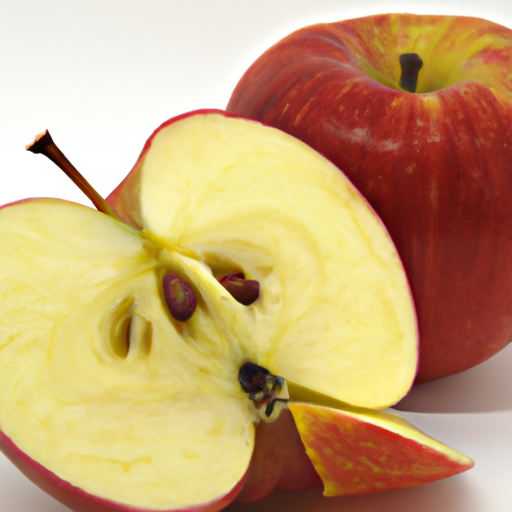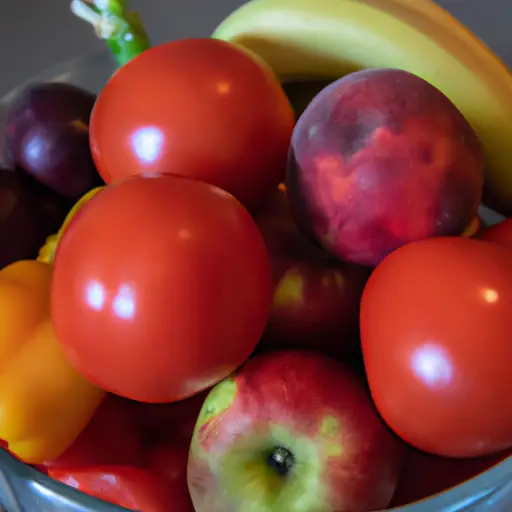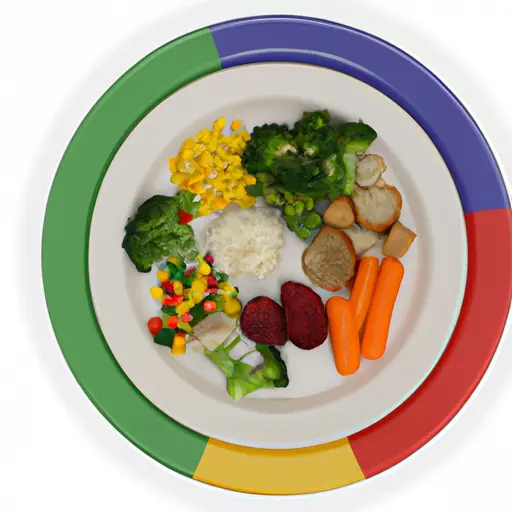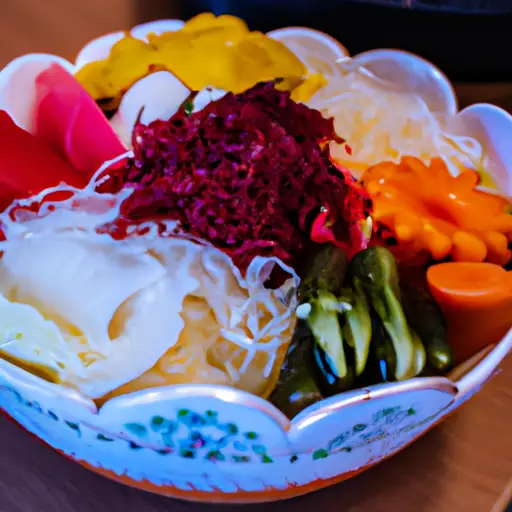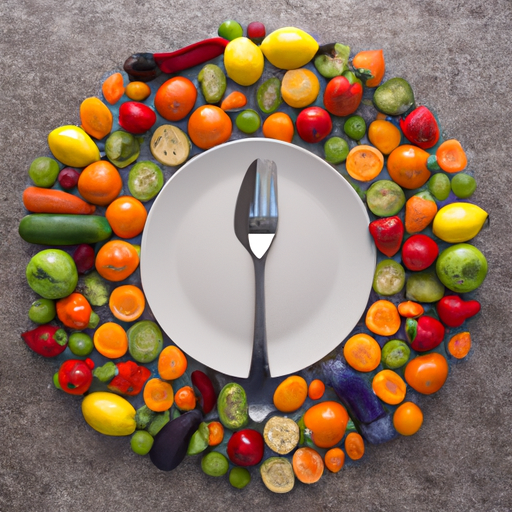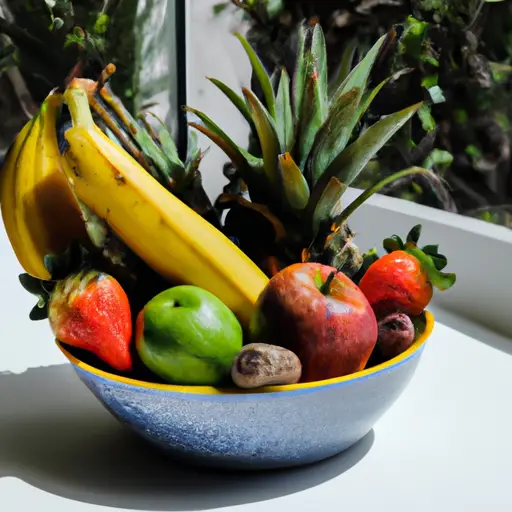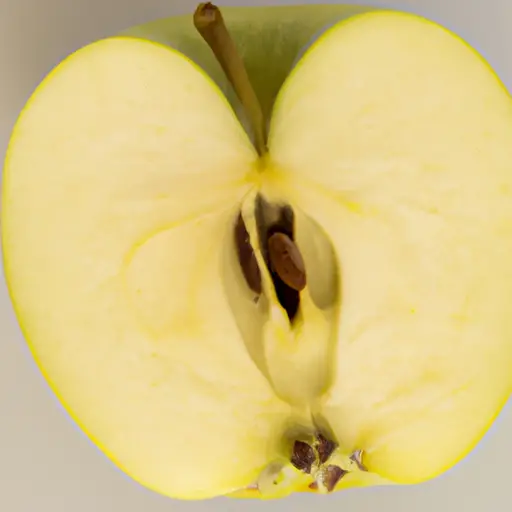Losing Weight with a Plant-Based Diet
Does the thought of giving up burgers and pizza sound daunting? Or like a punishment straight from diet hell? Well, I’m here to tell you that switching to a plant-based diet isn’t all deprivation. In fact, there are plenty of benefits – some of them downright surprising.
Let me break it down for you: A plant-based diet is mostly made up of veggies, fruits, legumes, grains, nuts, and seeds. And while it may mean cutting out a few favorites (think bacon or ice cream), adding in more plants can lead to major health benefits.
From weight loss to disease prevention, cardio-protection to mental clarity, switching to a plant-based lifestyle just might be one of the best decisions you ever make. Ready to learn more? Let’s dive in!
How Much Weight Can You Lose on A Plant-Based Diet?
We’ve all heard it before, but let’s face it. Eating a plant-based diet can help you lose weight and make you feel better. But how much weight loss is possible?
The answer depends on your individual calorie intake and amount of physical activity. To get an idea of how many calories you need to consume to lose weight, use an online calculator or app that calculates your Basal Metabolic Rate (BMR). This will give you an estimate of how many calories you should eat per day in order to reach your desired weight.
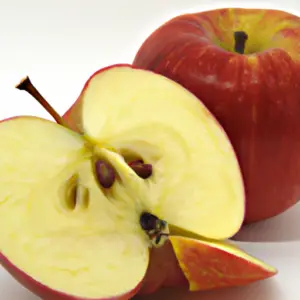
Exercise is also key when attempting to lose weight. Incorporating cardio or aerobic exercise into your routine at least five days a week can drastically increase your chances of seeing results. Whether it be running, biking, swimming, or any other form of exercise that gets your heart rate up, making sure you move your body will go a long way to achieving your goals.
If you’re trying to stay healthy while trimming down, remember to focus on getting the right nutrients. Eating whole foods like fresh vegetables, fruits, and grains, as opposed to processed options like snacks and frozen meals, helps ensure you’re getting adequate vitamins and minerals. Also, emphasizing nutrient-dense ingredients like legumes and nuts can give your meals a boost of nutrition without adding calories. Lastly, staying hydrated by drinking plenty of water throughout the day is essential for maintaining good health.
Tips for Success on a Plant-Based Diet
Going plant-based is a great way to start living a healthier lifestyle. But it can be tricky if you don’t know the right tips and tricks. So here’s what you need to do to make sure you get the most out of your new diet:
Eating Whole Foods: One of the best things you can do is focus on whole foods rather than processed, pre-packaged stuff. Whole foods are full of nutrition, they take longer to digest, and they’ll help you feel fuller longer. Eating lots of fruits and veggies, nuts, grains, and legumes instead of potato chips and Twinkies will do wonders for your health and weight loss goals.
Avoiding Processed Foods: This one should go without saying, but avoid processed foods like the plague. Not only are they completely devoid of nutrition, but they’re also full of toxins and chemicals that can wreak havoc on your system. So make sure you check ingredients labels for anything that looks sketchy. It may seem like more work at first, but trust me, it’s worth it in the long run.
Eating Nutrient-Dense Foods: Make sure you’re focusing on nutrient-dense foods like leafy greens, quinoa, nuts, seeds, and avocados. These foods are packed with healthy fats, protein, vitamins, minerals, and antioxidants — all the things your body needs to stay happy and healthy. Plus, they taste great too!
Drinking Plenty of Water: Staying hydrated is an important part of any diet, and it’s especially important on a plant-based diet. Not only does water help flush toxins from your system, but it also helps keep you feeling full. Plus, drinking plenty of water will help keep you from overeating. So make sure you stay hydrated throughout the day.
Conclusion
We’ve seen the immense benefits that plant-based diets have to offer, and now it’s time for you to take the plunge. Going all in with a plant-based diet is no easy task – it takes dedication, resolve, and effort. But if you can manage it, it’ll be worth it in the long run.
To get started on your plant-based diet journey, focus on eating whole foods whenever possible. This means avoiding highly processed meals, and instead stocking up on nutrient-dense fruits and veggies, whole grains, nuts, beans, and legumes—you’ll thank yourself later! Be sure to drink plenty of water every day to keep your body hydrated as well.
If you make a commitment to a plant-based diet, sooner or later you’ll reap the rewards. You can look forward to improved health, better weight management, reduced risk of chronic diseases, and overall increased feelings of wellbeing. So go ahead—take the plunge and make a positive change in your life today.
FAQs on Plant-Based Diets
Can you really lose weight on a plant-based diet?
Yes, you can definitely lose weight on a plant-based diet, but it depends on several factors, like your activity level and the quality of the foods you eat. If you’re eating mostly whole, minimally processed plant-based foods like fresh fruits, vegetables, grains and legumes, you’re going to see some weight loss. You’ll also need to watch your calorie intake, as it’s possible to consume too many calories on a plant-based diet if you’re not careful. Lastly, make sure you’re getting enough protein, especially if you’re working out, as protein is essential for muscle growth and repair. All in all, with the right plan and commitment, you can absolutely achieve your weight-loss goals on a plant-based diet!
How much weight can I lose in 6 months on plant-based diet?
I’m no diet guru, but after researching and consulting with health experts on the topic, I can confidently say that you can lose quite a bit of weight in six months with a plant-based diet. It really depends on how committed you are and how closely you adhere to the plan.
It’s important to realize that weight loss is a marathon, not a sprint. You’re more likely to experience sustained weight loss over six months if you make gradual changes, rather than crash dieting, which can leave you feeling deprived and can set you up for rebound weight gain later.
In general, I advise aiming to eat a wide variety of nutrient-dense whole plant foods such as fruits and vegetables, whole grains, nuts and seeds, legumes and beans, along with healthy fats and sufficient amounts of protein. Eating this way will provide you with all the nutrients you need, while also keeping you full and satisfied and helping you to naturally eat fewer calories.
You’ll also need to practice portion control and be mindful of your eating habits, ensuring that you’re getting enough, but not too much. Additionally, regular physical activity is important for maintaining good health and helping to burn extra calories and keep the weight off in the long run.
If you follow these guidelines, you should be able to see a significant reduction in your weight in six months—around 10-15% of your total body weight is a good goal. Of course, this is just an estimate, and you’ll want to check in with your healthcare provider to discuss and monitor your progress.
How much weight can you lose on a plant diet?
I’m no expert, but I’ve heard that you can lose quite a bit of weight on a plant-based diet. It’s all about creating a balanced, calorie-controlled diet that is largely sourced from plant-based foods. Eating a variety of fruits, vegetables, whole grains, nuts, and legumes can provide the nutrients you need while still allowing you to cut calories.
It’s also important to watch your portion sizes and make sure you’re getting enough carbs and protein throughout the day. Eating enough protein will help you feel full, keep your energy levels up, and help your body build muscle. Additionally, try to stay away from sugary and processed foods that can add on the pounds.
In general, it’s possible to lose weight on a plant-based diet if you stick to the basics: eat more fresh fruits and veggies, cook your own meals, limit processed and junk foods, and watch your portion sizes. Working out and finding a workout routine that you enjoy can also help you reach your weight-loss goal faster. Even if you don’t lose weight, you’re still making a healthy choice for your body by switching to a plant-based lifestyle. Good luck!
